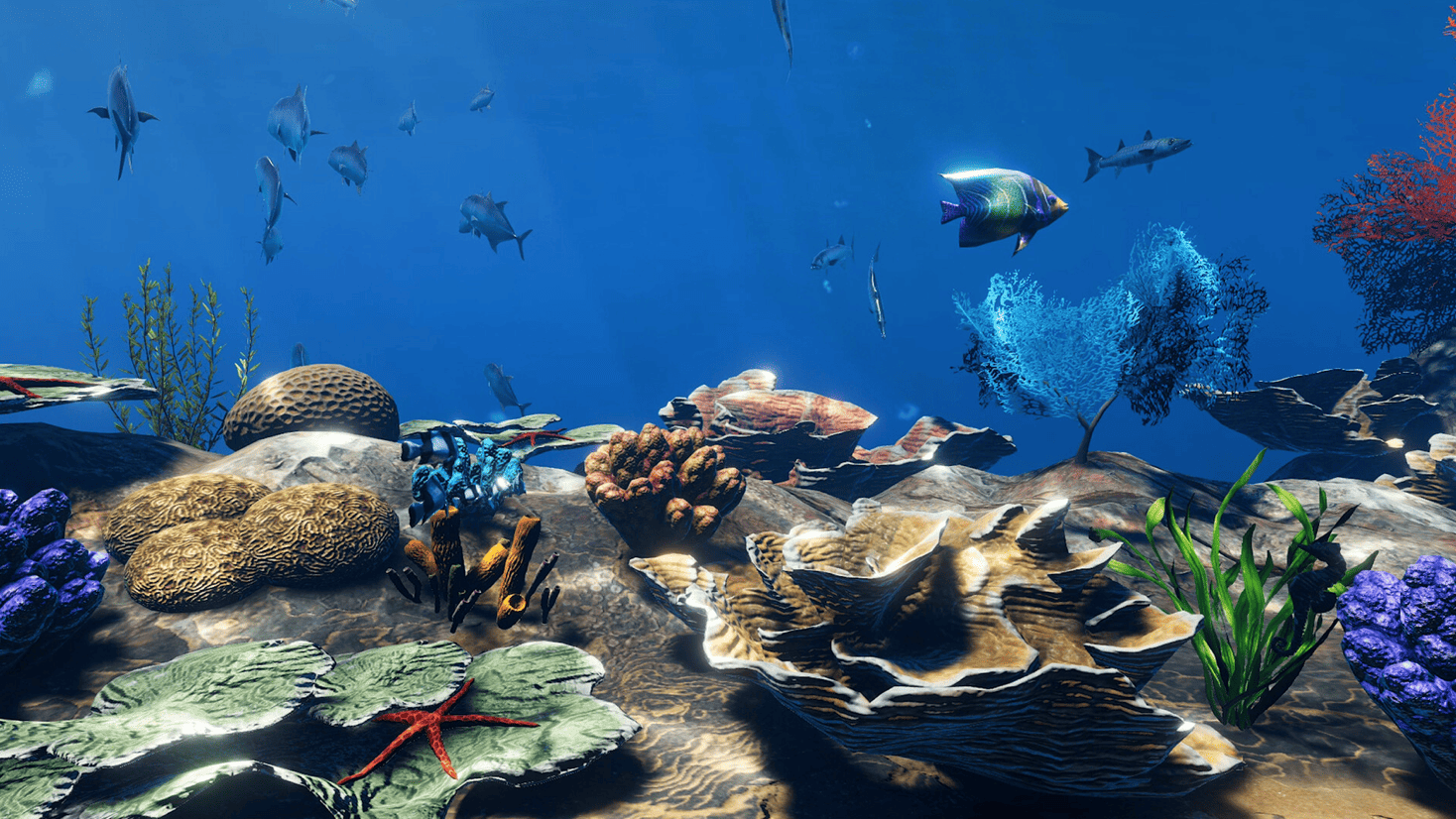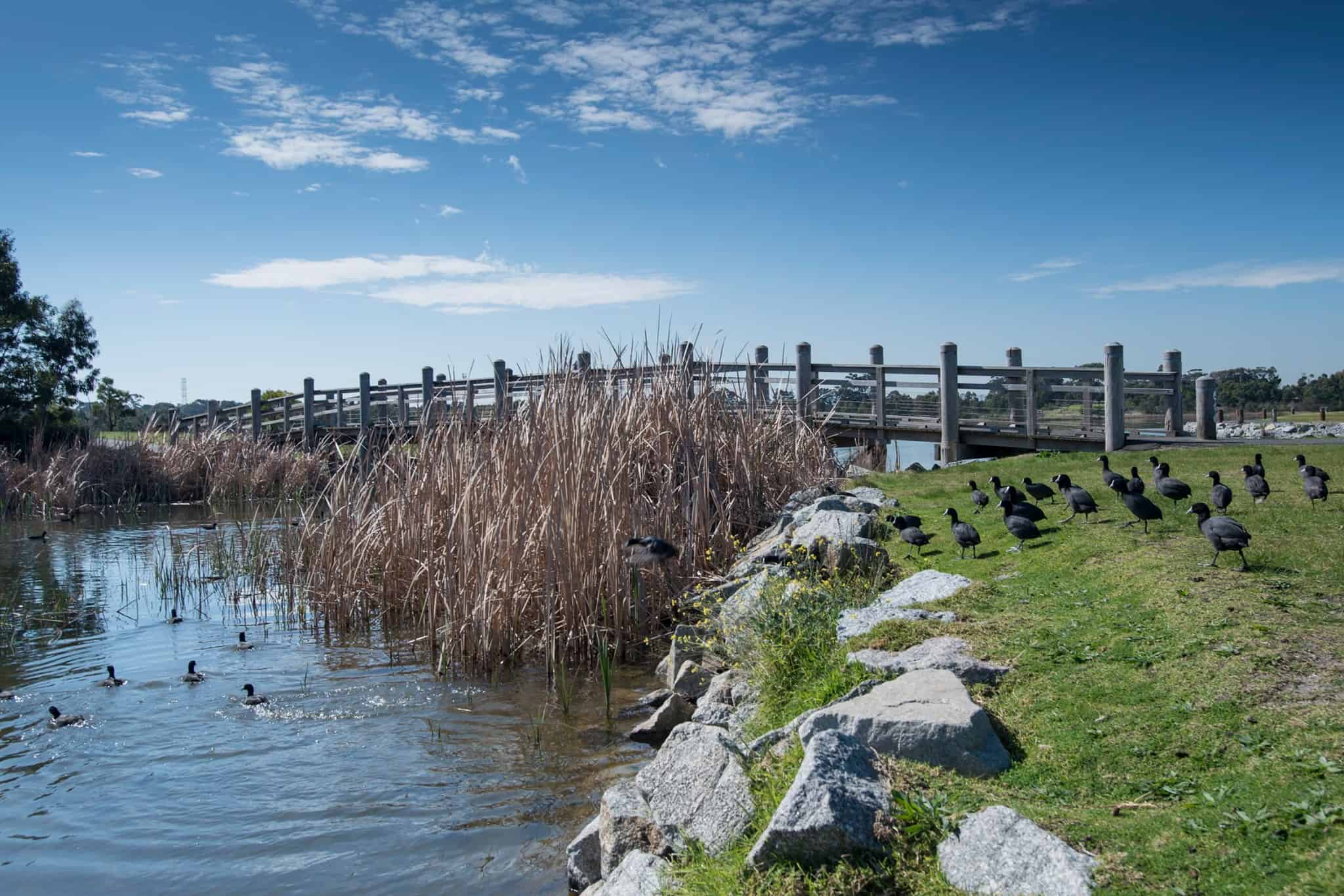Natural Links Incursion
-
Food Webs
-
Human Impacts
-
Living things
-
Species Interactions



Program Overview
Investigate the delicate links and sophisticated relationships between living and non-living elements within the complex environment that is planet Earth. Explore the interconnectedness and importance of a balanced environment through the classification of natural objects and organisms. Learn about human impacts and create school-specific actions which can support positive change.
This program can be tailored to suit different levels of understanding, from topic introduction to topic consolidation. Topics include:
Habitats & Survival
Explore the characteristics and differences between living, previously living and non-living elements within a habitat through a hands-on classification activity.
Food Webs & Interconnectedness
Examine the complex relationships in nature across three continents during an interactive food web game.
Symbiosis & Species Interactions
Identify common symbiotic relationships found in nature, both aquatic and terrestrial environments, with a practical pairing activity.
Humans Impacts & Call to Action
Discuss how human activities can affect and/or disrupt natural links within the environment and let your students determine actions they can adopt to minimise their impact on the environment.
Duration: 1.5 hours
Inclusions and Notes
Certificate and Conservation Code to reinforce learnings
Post event, schools will be issued a Certificate of Participation and Conservation Code for each class which students are encouraged to sign and hang in the classroom as a reminder of their learnings and their commitment to protect the environment.
We encourage schools to connect with us a few weeks or months after school excursions to share behaviour changes made by the students or activities undertaken as a result of their learnings during their program so we can share success stories to inspire others, monitor the ongoing impact of our programs and make relevant updates or changes if required.
Restrictions: Program timing considerations: Staff require 10-minutes between groups to reset activities and a 30-minute break for lunch when more than 2 groups are booked. Available to Melbourne Metro area only.
What to Provide: Multi-purpose room, floor space, whiteboard
Curriculum Links
Science: Science Understanding
– Living things can be grouped on a basis of observable features and can be distinguished from non-living things (VCSSU057)
– Different living things have different life cycles and depend on each other and the environment to survive (VCSSU058)
Geography: Geographical Knowledge
– Similarities and differences in individuals and groups feeling and perceptions about places, and how they influence views about the protection of these places (VCGGK083)
The Victorian Curriculum F-10 content elements are © VCAA, reproduced by permission. Victorian Curriculum F-10 elements accurate at time of publication. The VCAA does not endorse or make any warranties regarding this resource. The Victorian Curriculum F-10 and related content can be accessed directly at the VCAA website.
